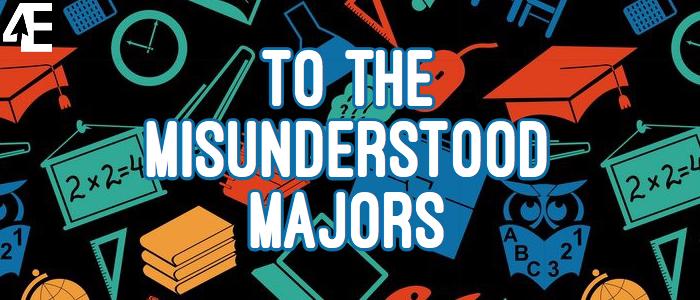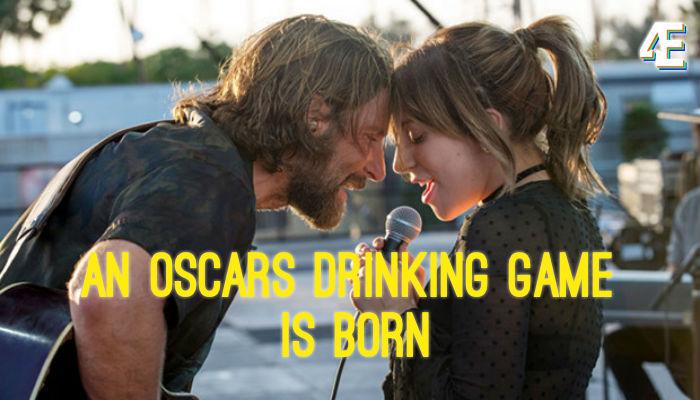Sometimes I wonder why I didn’t become a professional athlete, but then I remember how much I enjoy melted cheese and ice cream. (Not at the same time … well … maybe). When I realized the professional-athlete lifestyle wasn’t for me, I, like many of us, decided that paying inordinate amounts of money to go to college was the next best option. The perceived benefit? Becoming smarter and increasing my human capital, of course.
It turns out, however, that elite athletes (or ath-elites, if you will) do not only have better six-packs, better salaries and better health outlook; they’re smarter, too.
In a recent study, scientists tested English Premier League soccer players, NHL hockey players, France’s Top 14 club rugby players, and amateur ath-elites (it’s catchy, isn’t it?) and determined that their test subjects had more finely developed cognitive abilities than the average university student.
We mere mortals are potentially more eloquent than they are about things you might learn at college: the periodic table elements, the works of Chaucer or maybe even innovative drink recipes, but this study focused on ability. Subjects were asked to describe a series of simulated objects moving through three dimensions, thereby testing:

- Distribution of attention between a number of moving targets amongst distracters.
- Scope of field of vision.
- Maximum speed of objects one is able to follow.
- The ability to perceive depth.
The researchers were sure to design the study so that no sports-related experience or knowledge would help the participants. Each subject partook in 15 simulations, and, lo and behold, the professional athletes were able to learn how to track fast moving objects at a far superior rate than the other groups.
They observed that athletes were able to hyper-focus their attention to enhance learning. This might help explain observed increased cortical thickness in trained athletes’ brains and may lead new ways for exploring the treatment of people who have issues with attention, such as the elderly (and me during European History class).
It’s obvious that being good at a sport requires a certain level of mental processing and learning. But, according to researchers, it is unclear whether this superior ability is unique to professional athletes (and whether these are natural skills that helped them to be good athletes) or whether these skills have been developed through extensive training. Here exists the classic question of “causation or correlation?”
Although my four years of junior recreational soccer didn’t seem to pay off in Bib Lit last semester, it seems that sometimes we don’t give athletes enough credit. Einstein said, “The measure of intelligence is the ability to change.” Apparently, it also has to do, in part, with the quality of your slapshot. (Yay for sports terminology!)
I do, however, have at least one critique of this study. They should specify where they got their samples when it comes to university students. If they equate an “average university student” with a Syracuse student … well, there’s your problem.
Photo: sbrsport.files.wordpress.com
*Simply Science is a reoccurring post that aims to make recent scientific discoveries accessible and applicable to the Georgetown student.










